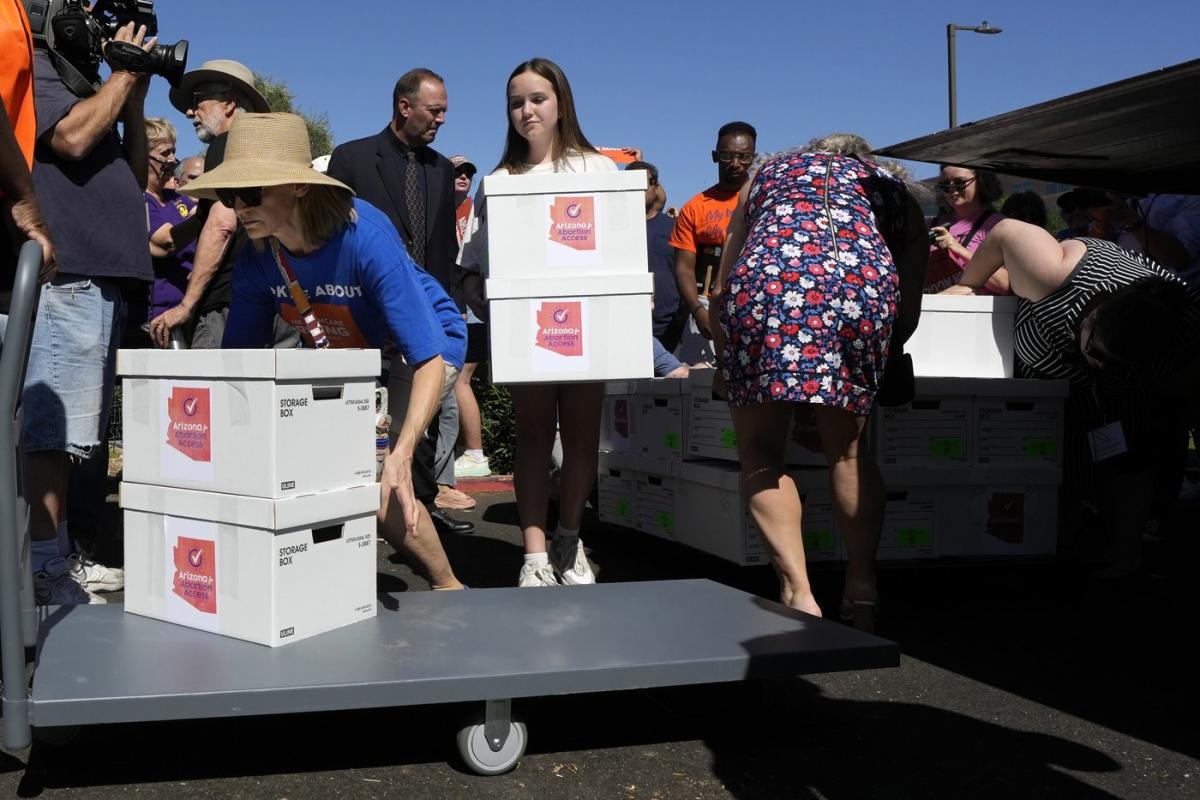Gambling
Gambling Harms Special: What Could Be Done to Prevent the Crisis? — Greater Govanhill

The Minister for Public Health, Women’s Health and Sport, Maree Todd MSP has previously stated: “We share the concerns that many have expressed around the impact of gambling-related harms in Scotland… We agree with the view of our stakeholders that a public health approach is needed to tackle those harms and improve treatment services.”
So, what could public health legislation on gambling look like?
The introduction of New Zealand’s Gambling Act (2003) made it the first country with a legislated national public health approach to gambling. The act is designed to regulate the gambling market, ensure the fairness, safety, and legality of games and gambling opportunities, prevent and minimise gambling harms, and ensure that communities benefit from the proceeds of gambling activities.
It is within the remit of the Ministry of Health, unlike in the UK which places gambling within the realm of Culture, Media and Sport. And within the act there are five main programmes: policy development and implementation; safe gambling environments; effective screening environments; aware communities; and supportive communities.
Organisations are offered tools to identify problem gambling among their clients or service users, and resources to enable implementation of harm reduction practices. This has increased awareness of gambling harms, but there has been a lack of adoption due to costs, lack of resources and other organisational priorities. Organisations are also encouraged to look at non-gambling fundraising policies to reduce the reliance on fundraising methods that involve gambling, and to develop a standard of non-acceptance of gambling funding and influence. However, in practice this has not been popular, as many organisations relied heavily on availability of electronic gaming machine proceeds and alternative sources of funding were unavailable.
One area where there has been general success is in local council policies. In New Zealand, all local councils are mandated to adopt policies on electronic gaming machine venues (EGMs) and must take into account social impacts on deprived communities within their respective areas. These policies guide the licensing of venues within council areas, with decisions on the planning and implementation of these policies dependent on public response and evidence of social impacts in those localities.
One policy decision example is referred to as a ‘sinking lid’ policy approach. This is where after a closure of an EGM venue, consent is not provided by the council for its relocation or replacement, thus reducing venue numbers (and the potential associated harm) within the region. Evaluation results showed that, in most cases, there had been successful community involvement to generate public pressure and support for a shift towards this approach. However, some councils have rejected, or weakened, it by allowing alternative location requests.
In Glasgow, the council is responsible for approving licensing requests, and therefore could adopt something like this and place a limit on the number of, say, bookies or EGM venues in the city. In particular, they could limit or even ban the creation of new venues in communities at a higher risk of gambling harms, like here in Govanhill.
What else can be done at a local level?
In the absence of Scottish Policy, the National Strategy to Reduce Gambling Harms sets out a framework for local action. In Glasgow that has meant the development of a ‘pathfinder’ project, established to better understand gambling harms as a public health issue, and identify effective actions. It is funded by a regulatory settlement awarded by the UK Gambling Commission.
This multi-agency group set up following a Glasgow City Council summit on this topic, sees organisations working in partnership to co-produce, deliver, and evaluate a city-wide strategy and coordinate a local action plan to prevent and reduce gambling harms.
The ‘draft action plan’ focuses on the following key actions:
-
Engaging the wider community in understanding and raising awareness of gambling related harms;
-
Challenging shame and stigma;
-
Focusing on children and young people through challenging the normalisation of gambling and increasing awareness of the risks and links between gambling and gaming;
-
Developing our understanding of risks and harms amongst priority groups and communities such as women, black and minority ethnic groups and those at risk of homelessness;
-
Exploring opportunities to work in partnership to increase confidence in public and third sector staff to ask about gambling harms and improve knowledge about support;
-
Build the understanding of how people experience harms from gambling to inform peer led and informal support;
-
Creating a community led movement to support campaigns that advocate for local action and changes to national legislation;
-
Gathering and developing the evidence around gambling harms and sharing the learning locally, nationally and internationally.
This special feature has been funded by one of the eight small community grants issued by the group. For further information on the Glasgow City Whole System Approach to Tackling Gambling Harms please contact Michelle Hunt, Health Improvement Lead for Gambling Harms, Michelle.Hunt@ggc.scot.nhs.uk





